Optimising bird productivity during heat stress
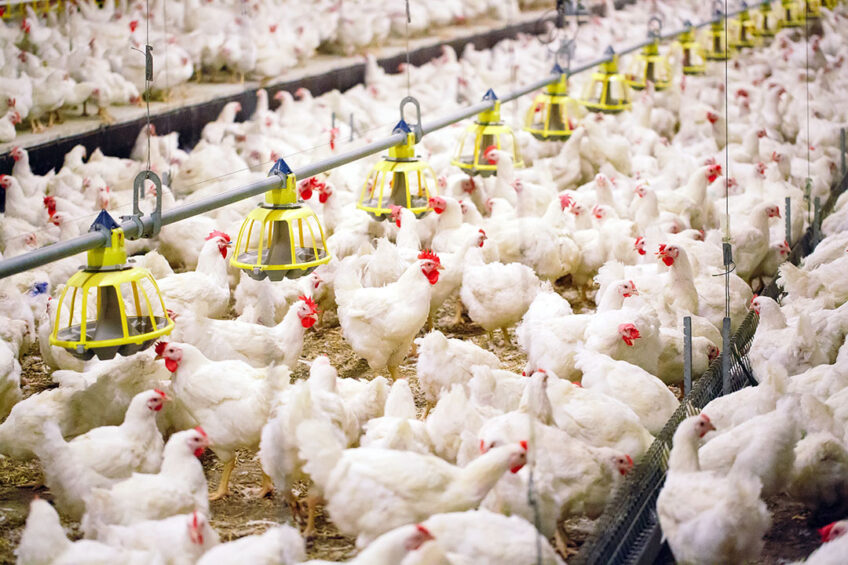
Heat stress is an annual challenge that continues to plague the poultry industry. Having a negative effect on bird health, performance and profitability for the poultry sector. Interventions using nutrition can be an effective way to reduce the negative impacts of heat stress.
When heat stress occurs the bird redirects energy away from growth and/or production in favour of maintaining thermal homeostasis. The reduction in performance can be substantial, significantly affecting production profitability. Heat stress has also been implicated in the aetiology of numerous other welfare, health and production problems including a compromised immune system and inflammation (higher expression of pro-inflammatory cytokines IFN-γ and TNF-α), which may contribute to tissue damage through inflammatory processes and oxidative stress. So, what can we do to support birds through heat stress situations?
Nutritional solutions that are beneficial
In addition to management manipulations such as reducing stocking density, adjusting the lighting regimen to encourage overnight and early morning feeding when ambient temperature is lower, there are a number of nutritional solutions that are beneficial. It has been well demonstrated that the digestion of some nutrients creates more body heat (heat increment) as a by-product of digestion than others. Protein has been found to produce more body heat per calorie of feed energy, compared to lipids. Therefore, the simple act of increasing the proportion of fat/oil in the diet (energy remaining constant), will reduce the production of body heat. Likewise, increasing the digestibility and optimising the physical properties of the ration can have similar effects. Feed that is easier for the bird to digest requires less energy consumption, thereby reducing both heat production and the magnitude of performance loss from reduced feed intake.
Using a nutrient absorption enhancer
This of course creates another problem. Good quality, highly digestible raw materials, fats and oils can be highly costly. Increased feed costs, in combination with reduced performance, is not a recipe for profitable production – particularly when we consider the recent increases in raw material costs! This is where a nutrient absorption enhancer such as Lysoforte Extend can provide a cost-effective solution. Rather than increasing the fat content of the diet, using a nutrient absorption enhancer that can reliably increase fat digestibility, reduces the need for additional fat whilst still gleaning the benefit of reduced heat production from digestion. Lysoforte Extend is a lysophospholipid based nutrient absorption enhancer that has a proven matrix, allowing substantial reformulation, regardless of the diet composition. Improved digestibility is achieved via the product’s complete mode of action, improving all digestive phases. Furthermore, it prevents the lipid encapsulation of nutrients by removing the fat matrix, improving accessibility of other nutrients. During the hydrolysis phase, the nutrient absorption enhancer contributes to the rapid formation of smaller, more stable mixed micelles. This increases the surface area for enzyme activity and raises the number of mono and diglycerides released, increasing the availability for absorption. In the final digestive phase, the product has been shown to modulate membrane permeability, allowing increased absorption of nutrients. This modulated membrane permeability is also thought to aid electrolyte balance maintenance under heat stress conditions.
Increasing the digestibility of nutrients
Lysophospholipid supplementation has also been shown to increase the gene expression of collagen, leading to longer and stronger intestinal villi. Whilst the mode of action for lysophospholipids is centred around lipid digestion, interestingly, Lysoforte Extend has been shown to significantly increase the digestibility of a wide range of nutrient, including protein, dry matter, AMEn, and fat. When used in reformulation with an isoenergetic diet (- 60/80 kcal/kg ME), the use of Lysoforte Extend has been shown to significantly increase AMEn compared to a no-treatment control (Figure 1). Therefore, not only is the product making up the reduction in ME content, but it is still able to make gains over the control.
Immunomodulating interventions also a solution
Feed additives can also address immune impairment during heat stress conditions. β-glucans, are immune modulators, that have been demonstrated to stimulate specific and non-specific immune response, increasing resistance to infections and diseases. Aleta is a β-glucan based immunomodulator derived from a unicellular algae Euglena gracilis. Aleta contains a highly bioavailable source of β-(1,3)-glucan that helps animals to cope with the immunocompromising effects associated with heat stress. In the animal’s body, immune cells like macrophages and dendritic cells can recognise β-glucan structures by cell surface receptors such as dectin-1. In response to binding β-1.3-glucan, an immune modulation will occur.
When used in heat stress conditions Aleta has been shown to reduce the concentration of a pro-inflammatory cytokine TNF-α, reduce FCR and improve meat quality by reducing the cooking loss and the pH of the meat pH compared to a non-treated control (Figure 2).
Heat stress remains a major challenge and has extensive negative effects on bird health, performance and profitability of the poultry industry. Nutritional and immunomodulating interventions can be an effective solution in reducing the negative impacts of heat stress.
References available on request
Authors:
Dr Alexandra Desbruslais PhD and Ricardo Neto DVM
 Beheer
Beheer

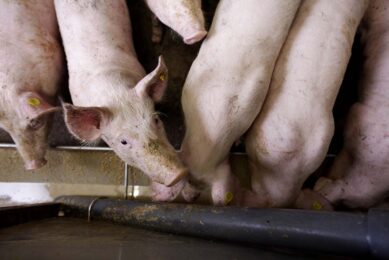
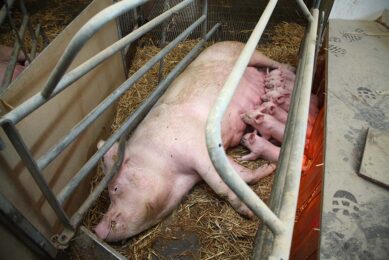
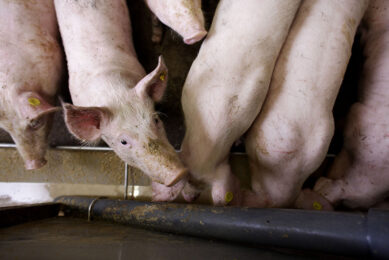
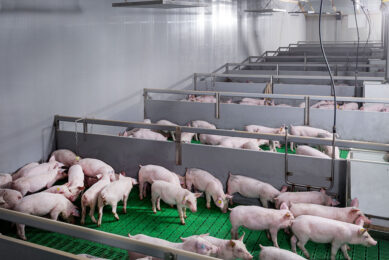
 WP Admin
WP Admin  Bewerk bericht
Bewerk bericht